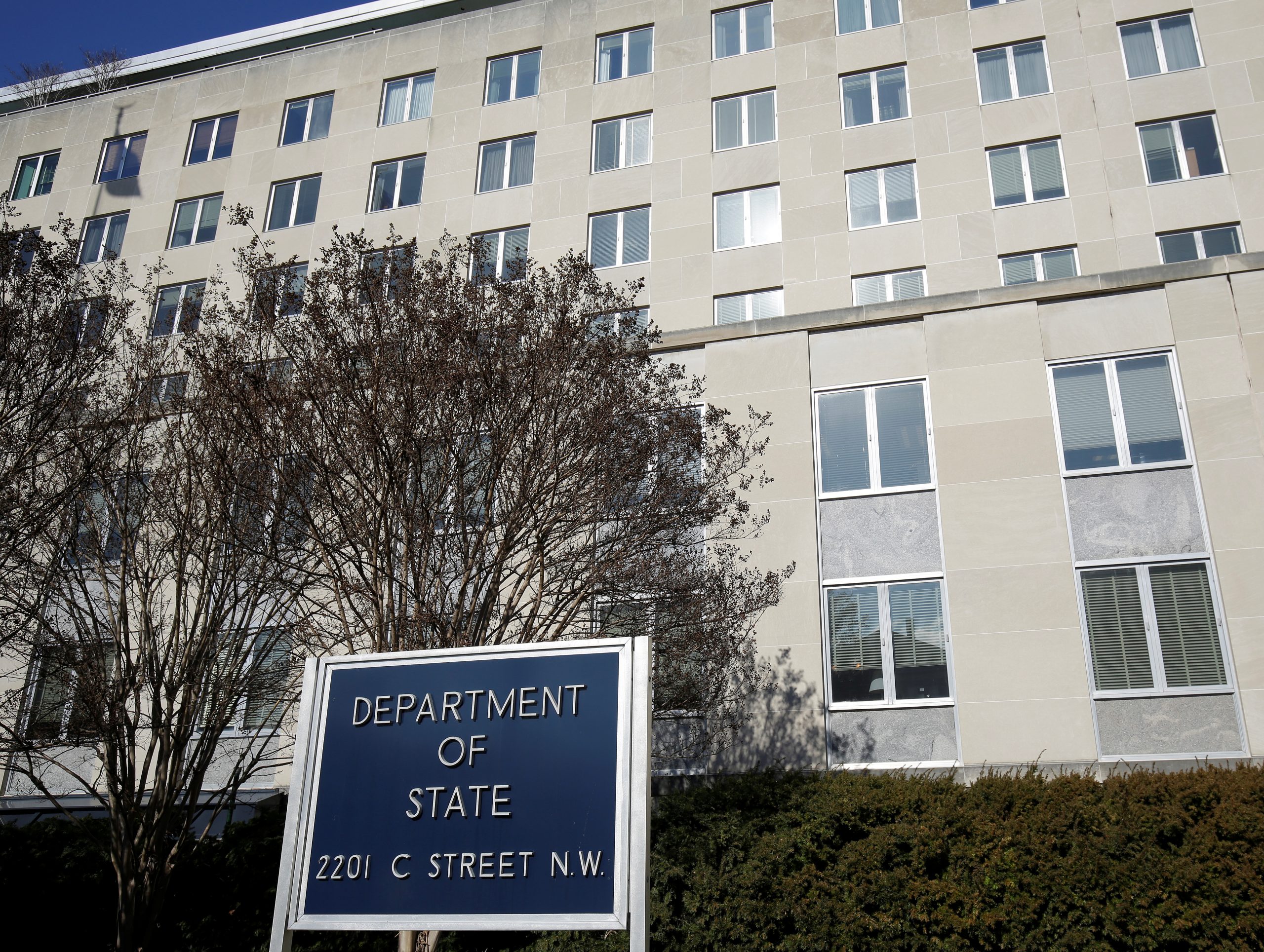The United States urged Yemen’s Houthi movement on Tuesday to halt an offensive on the government-held city of Marib and join international efforts to find a political solution to the more than six-year civil war.
The advance by the Iran-aligned Houthi movement on the last government-held city in Yemen’s north threatens to complicate a new drive by U.S. President Joe Biden’s administration to intensify diplomacy to end the conflict and increase aid deliveries as the country’s humanitarian crisis deepens.
State Department spokesman Ned Price called on the Houthis to halt the Marib attack, cease all military operations, end cross-border strikes on Saudi Arabia and participate in a U.N.-led peace process.
The conflict pits the Houthi movement against Yemen’s internationally recognized government and a Saudi-led coalition.
“The Houthis’ assault on Marib is the action of a group not committed to peace or to ending the war afflicting the people of Yemen,” Price said in a statement.
The assault will only worsen the world’s most serious humanitarian catastrophe, he said, noting that a U.N. agency estimates that Marib hosts about 1 million people displaced from other areas by fighting.
“Marib is controlled by the legitimate government of Yemen. This assault will only increase the number of internally displaced persons and exacerbate the humanitarian crisis in Yemen.”
Price urged the Houthis to “constructively participate” in U.N.-led peace efforts and “engage seriously” with the recently appointed U.S. special envoy for Yemen, Timothy Lenderking.
Lenderking, addressing his first State Department briefing since his appointment earlier this month, said the United States is working with regional officials to “create the right conditions for a ceasefire and to push the parties to a negotiated settlement”.
U.S. officials have been “very aggressively” using back channels to pass messages to the Houthis, said Lenderking, who held talks in the region last week with top officials.
Iran, he said, has played “a very negative role” in the conflict by training, supplying and equipping the Houthis “to conduct attacks on civilian targets in Saudi Arabia and elsewhere in the Gulf.”
Tehran, however, now has “an opportunity” to support the renewed diplomatic drive for peace, he said.
Biden appointed the veteran U.S. diplomat as part of a new U.S. approach to ending the war that also involves halting support for offensive operations by the Saudi-led coalition.
The Biden administration on Tuesday also revoked the foreign terrorist organization and specially designated global terrorist designations of the Houthis, imposed by former President Donald Trump’s administration on its last full day in office.
Despite the U.S. moves, the Houthis have pressed the assault on Marib and continued cross-border strikes on Saudi Arabia.
Lenderking said that while Washington and Riyadh are working out how U.S. arms sales to the kingdom would be impacted by the new U.S. policy, “we’re not going to allow Saudi Arabia to be target practice. So Saudi Arabia needs to have the ability to defend itself.”
(Reporting by Doina Chiacu and Jonathan Landay; Additional reporting by Daphne Psaledakis; Editing by Bernadette Baum and Mark Heinrich)

























 Continue with Google
Continue with Google